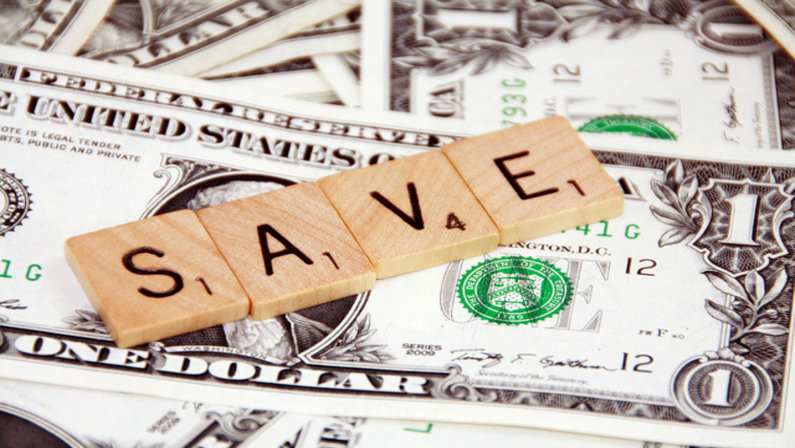5 Ways To Save Money


I would like to give you five tips to help reduce your spending.
I’m sure there are plenty of people out there who are on a tight budget and don’t have much or any extra spending money. Maybe this will help.
Even while your own personal economy is doing well, it’s good practice to be careful and efficient with your money.
Why? Because you never know when your economy will get worse… and if you had saved that money prior, then you’d have more of it when you need it.
1. Coordinate Your Errands
Driving your car costs more than you might think. There’s the obvious cost of fuel. And then there are hidden costs per mile that get you over time.
These include the occasional replacement cost of tires, break jobs, oil changes, exhaust systems, and general repairs. It all adds up to a surprising sum!
Then factor in the replacement cost of a vehicle after it’s all ‘used up’!
The equivalent cost per mile of all these things is a lot more than you think!
Since it costs $$$ to operate your vehicle:
Stop backtracking everywhere…
We all have errands to run. Places to go. A lot of money can be saved over time by coordinating your errands.
It involves planning ahead and being efficient about your driving.
For example, if you need to pick up something at Walgreens or CVS, can it wait until you do groceries since you’ll be driving nearby anyway?
Eliminate backtracking and going different directions all the time.
2. Don’t Go To ‘The Store’ Too Often
Don’t go to the store too much. That means groceries or shopping in general.
It’s tempting to buy stuff when you’re there. So if you’re not there as often, you won’t be tempted as often!
I can tell you that I get tempted when I’m at certain stores… there’s always an excuse for a new tool, right? Just be smart about it…
3. Eat Your Food Storage
This one presumes that you are into preparedness and have a food storage or ‘deep pantry’.
It’s a great idea to actually rotate and consume those foods rather than letting it all sit there.
The money saving aspect is two-fold.
One, you can restrict yourself to buying ‘food storage’ items only when they’re on sale. That’s pretty much what we do. That way when you need something, you can just get it from your ‘deep pantry’ (bought on sale) instead of adding it to your grocery list and paying full price next time you’re out.
Two, there are certain preparedness food ‘staples’ such as dry grains, oats, rice, etc., that are inexpensive. For example, oatmeal for breakfast from your bucket of oats is pretty darn cheap compared to other choices.
The point is, Check out what you’ve stored. Dig in and start consuming it.
Store Foods that you would Normally Eat
4. Eat At Home
Eat at home. As in, don’t go out to eat.
You do know how ridiculously expensive it can be to eat out compared to making your own food at home, right?
By the way, eat your leftovers too!
Ordering pizza for delivery does not count for “eat at home”!
5. Wait One Day Before Buying
Ask yourself, “Can I wait 24 hours, just one more day before I buy this?”
Then the next day, ask yourself the same question.
This will help to determine want versus needs (necessities). Impulse buys can be brutal and regretful. So just wait. You might feel different tomorrow!
Now I know we have a bunch of great contributors here who will add even more suggestions how to save money in the comments below:
Continue reading: Preparedness on Low Income
